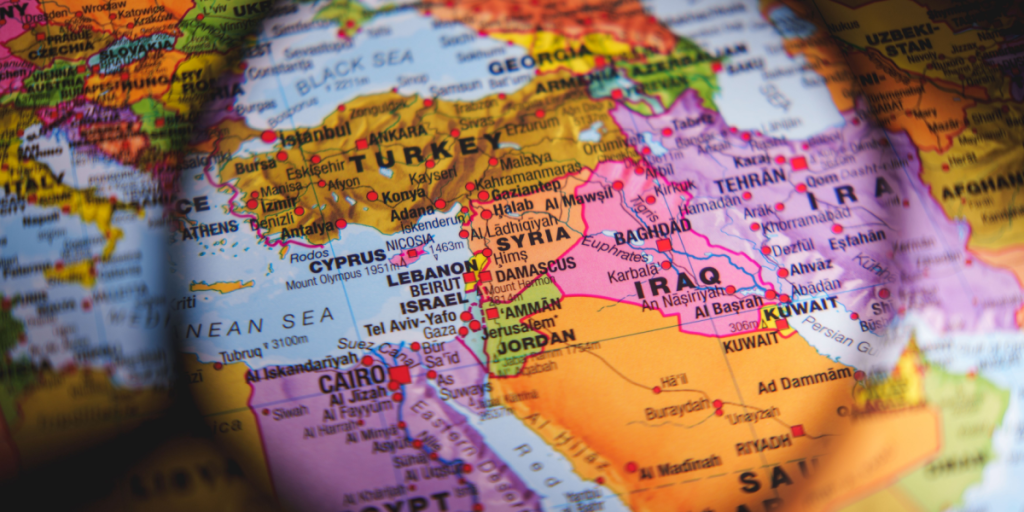With Washington on the sidelines, regional actors like Saudi Arabia and the UAE may be the last hope to prevent a devastating Middle East war.
Others are reading now
The war between Israel and Iran is spiraling dangerously, with cross-border missile attacks and airstrikes threatening to drag the entire Middle East into a broader conflict. But as Foreign Affairs reports, an unexpected group may now be the key to halting escalation: the Arab states and Turkey.
With strong diplomatic ties to both sides and growing concern about the economic and humanitarian fallout, these regional powers are beginning to push for a diplomatic off-ramp before it’s too late.
A Regional Conflict in the Making
Since Israel launched a major air campaign on June 12 targeting Iran’s nuclear infrastructure and leadership, Iran has retaliated with missile strikes and withdrawn from nuclear talks with the U.S.
This tit-for-tat escalation now poses a grave threat to Gulf countries, many of which fear being drawn into direct conflict.
Also read
Missile trajectories have already passed over the region, and any strike on U.S. bases or energy infrastructure could cripple regional economies dependent on oil exports and investor confidence.
Gulf leaders, from Saudi Arabia to the UAE and Oman, have condemned Israel’s actions and warned against unchecked escalation.
But they are also painfully aware that sitting on the sidelines is no longer viable.
The Case for Gulf Mediation
According to reports, regional diplomacy may be the only way forward. The Gulf states and Turkey maintain direct communication lines with Tehran, Washington, and increasingly, Tel Aviv.
These governments could convene indirect talks between Israel and Iran, using trusted intelligence channels and neutral platforms like the Arab League or a Gulf-led contact group.
Their goals would be twofold: first, to establish a cooling-off period by limiting further military strikes, particularly against civilian and energy targets; second, to initiate broader negotiations on nuclear oversight and regional security.
Such mediation, if successful, could prevent attacks on vital shipping lanes and avoid ecological disasters linked to damaged nuclear facilities.
The Stakes Couldn’t Be Higher
This is not the first time the Gulf states have stepped into a mediation role, as recent efforts saw both the UAE and Saudi Arabia normalize ties with Iran under Chinese auspices.
But this moment may be their most consequential yet. Their economies, civilian populations, and political futures could be upended by a prolonged war. And unlike past conflicts, they now possess the leverage, networks, and urgency to influence outcomes.
The world, and especially Washington, should take note. A region-led push for de-escalation may be the only viable path to peace in a conflict that increasingly threatens to engulf the entire Middle East.


